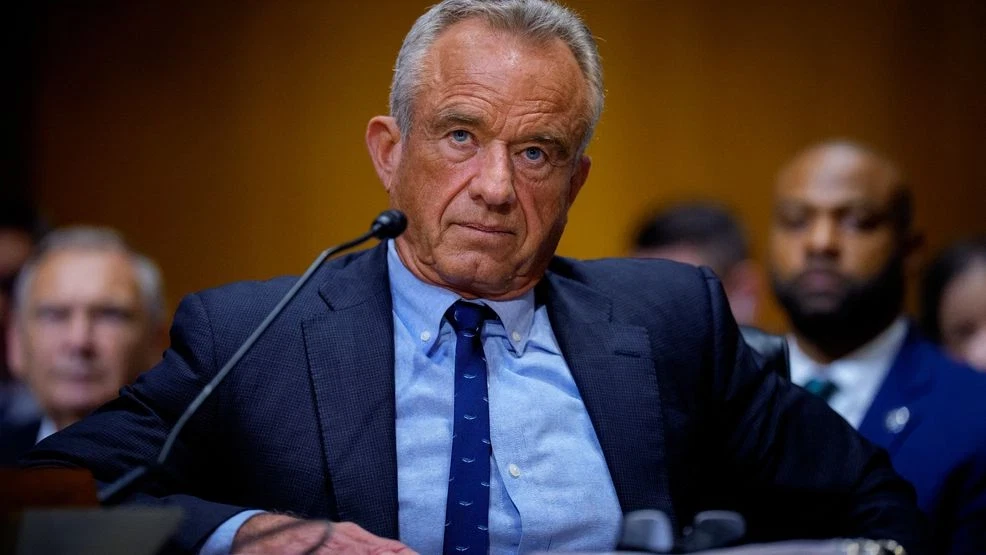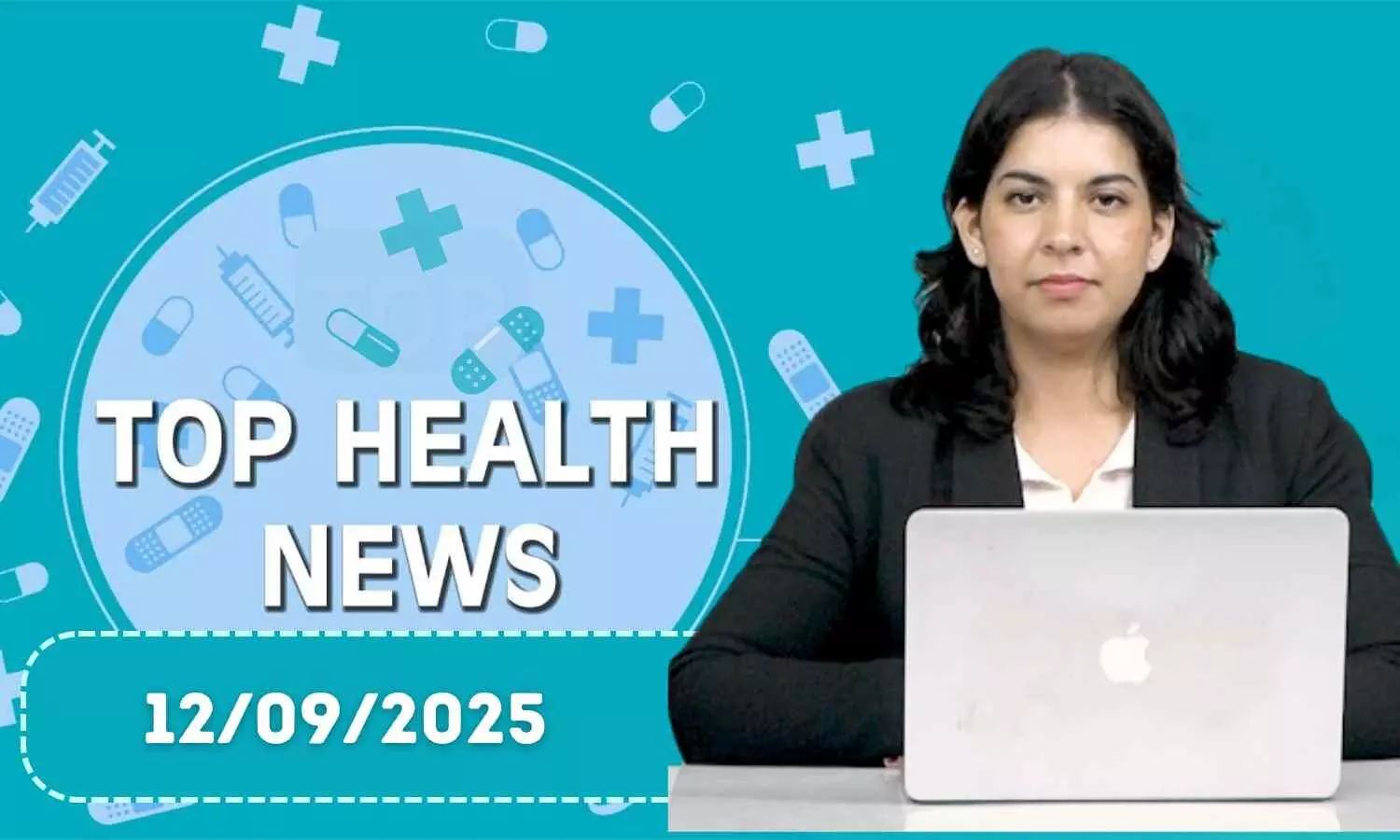
A new vaccine advisory committee was formed under the U.S. Health Secretary Robert F. Kennedy Jr. will meet this week. They are expected to vote on whether to change recommendations for vaccinations against COVID-19, hepatitis B and chickenpox.
It is still unclear what exactly will be voted on Thursday and Friday at the meeting that will be held in Atlanta.
Some public health experts expressed their worries that the voting will plant seeds of doubt about vaccines in the minds of parents.
One topic that will have important consequences is a vote that restricts a government program that was implemented to assist low-income families in covering vaccination costs.
The panel, named the Advisory Committee on Immunization Practices, usually made recommendations for the director of the CDC on how vaccines that have already been approved should be used.
CDC directors have almost always accepted the committee’s recommendations, which are supported by doctors and are used to guide vaccination programs.
Kennedy, a known antivaccine activist, fired all of the 17-member panel earlier this year. He replaced the panel with a group of individuals that includes some anti-vaccine voices.
The following are the three vaccines that are under discussion:
COVID-19
Before Kennedy was appointed as health secretary, the ACIP would usually vote in June to reaffirm vaccine recommendations for shots against respiratory viruses. This June, Kennedy’s ACIP voted to recommend flu shots but stayed silent over COVID-19 shots.
Prior to the meeting, Kennedy announced he would remove COVID-19 shots from the CDC’s recommendations specifically for healthy children and pregnant women. Kennedy’s decision was heavily criticized by health officials, prompting a lawsuit by the American Academy of Pediatrics and other organizations.
As is with flu vaccinations, new COVID-19 formulations are voted on each fall to account for the changes in which COVID strains are circulating. The ACIP has not yet voted on whether to recommend this season’s formulation of the COVID-19 shots.
Hepatitis B
Hepatitis B is a disease that can cause serious liver infections; in adults, the virus is spread through sexual intercourse or through sharing needles during drug use.
The virus can also be passed to a baby from an infected mother. As many as 90% of infected infants go on to have chronic infections.
The first hepatitis B vaccine was licensed in the U.S. in 1981.
In 1991, the ACIP recommended a dose of the vaccine within 24 hours of birth for all medically stable infants weighing at least 4.4 pounds (2 kilograms).
Infant vaccinations were especially pressed for women who have hepatitis B or have not been tested for it. Infant shots are 85% to 95% effective in preventing chronic hepatitis B infections, according to medical studies.
However, Kennedy’s ACIP members suggested they wanted to revisit that guidance this June.
MMRV
Chickenpox, a highly contagious virus, can cause complications such as skin infections, swelling of the brain and pneumonia if untreated. Severe cases are more common among older teens and adults who get it for the first time.
The virus — also known as varicella — may reactivate later in life, causing the painful illness known as shingles.
The government first recommended that all children get vaccinated for chickenpox in 1995, dramatically dropping cases and deaths.
In 2006, a combination MMRV shot — measles, mumps, rubella and varicella — was licensed. Initially, the CDC recommended doctors and parents use the combo shot over separate MMR and varicella injections.
Within a few years, studies showed children who received the combo shot more often developed a rash, fever and — in rare instances — seizures compared to children who got separate shots.
In 2009, the ACIP changed its recommendation, removing the preferential language. Today, most pediatricians suggest separate doses for the first shot, then the combined shot for the second dose.



